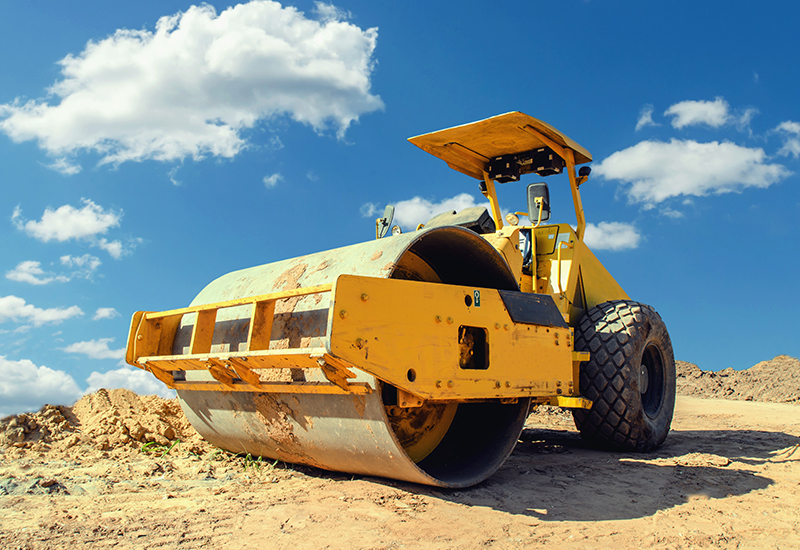Buying machinery can be really tedious work, especially if you are in the market to get used equipment for your manufacturing process. Purchasing used machinery is a cost-effective option compared to buying brand new ones. However, you will also need functional equipment for your project so you can’t afford to get this part wrong.
Many people don’t want to buy used machinery because they are considered to have more risks than new equipment. But to reduce these risks, this article will be of great help when buying used machinery. It highlights some important things you need to bear in mind to help you make the right decision without wasting money or your precious time.
#1: Look Out for Cracks
Before you purchase any used machine, you need to ensure there are no major cracks in any critical areas of the machine. This is not a difficult thing to do; you can use the simple color-contrast dye-penetrant method to achieve that. You can also go a step further using ultrasonic methods to check for cracks.
#2: Age of Equipment Is Not So Important
When many customers want to buy used machinery, they ask for the year of manufacture and base their decisions on that. That is a common mistake you shouldn’t fall victim to also. Look at it this way, which is better, to buy a machine made in 1975 but only ran at 60% of its actual capacity as at the time it was used or to buy a newer press made in 1995 but ran at 100% of its actual capacity when it was used. Which of them do you think will likely have problems?
#3: Always Consider Your Options
Don’t be too fixated to a particular machine. Instead, keep your mind and options open. Check if there could be equipment alternative that will also fulfill your needs. If you can’t find that forging hammer you have always wanted to buy, check if there could be a very modern screw press that will also fulfill your needs.
#4: Machine History Is Important
Far more that the manufacture year is the history of the machine you are looking to buy. It can actually tell you a lot more about the condition of the machine. See if you can have a good idea of who previously own the machine and, perhaps, contact them directly. Such an owner usually has more information about the machine and could give you some facts you probably don’t know before.
Check out the maintenance schedule to see how often the machine is being serviced as this can help determine the present condition of the machine. You can either get that from the previous owner or could be found in any technical documentation provided with the machine.
#5: What Is Included in the Total Package?
There are usually some additional expenses that come with buying used machinery such as disassembling and reassembling costs, loading and transport costs, etc. so ask the seller if they also offer any of these services. This will not only make things easier for you compared to getting the service elsewhere but will also put you in a stronger position to negotiate the final price.
#6: Don’t Forget to Inspect the Equipment Before Purchase
It is always good to confirm the condition of the used equipment you want to buy yourself before making a purchase. So, ensure the seller is ready to give you the chance to inspect the equipment before buying. Carefully examine the crucial parts. Imperfections and minor damage are not enough to refuse to buy a machine, but it will give you an upper hand when it’s time to negotiate. Undertake a complete inventory to check for the completeness of the equipment you are buying. If there will be a distance barrier, you can decide to do online inspection, which will also fulfill the purpose.
#7: Don’t Hide Your Budget from The Seller
If the seller is asking too much for the used machine you want to buy, then let him know your budget. This will help the seller decide whether there could be a place for your budget or not. You will often get better prices when you are honest, open, and transparent.
#8: Don’t Be Too Afraid to Negotiate
Although this may sound like a very obvious point, you need to know what you are getting. Seek to know the spare parts available. Check to see if the machine includes a tool holder, what the delivery time will be, any terms of delivery, and where the machine will likely be stored before delivery. All these you need to confirm in writing before you make the investment.
